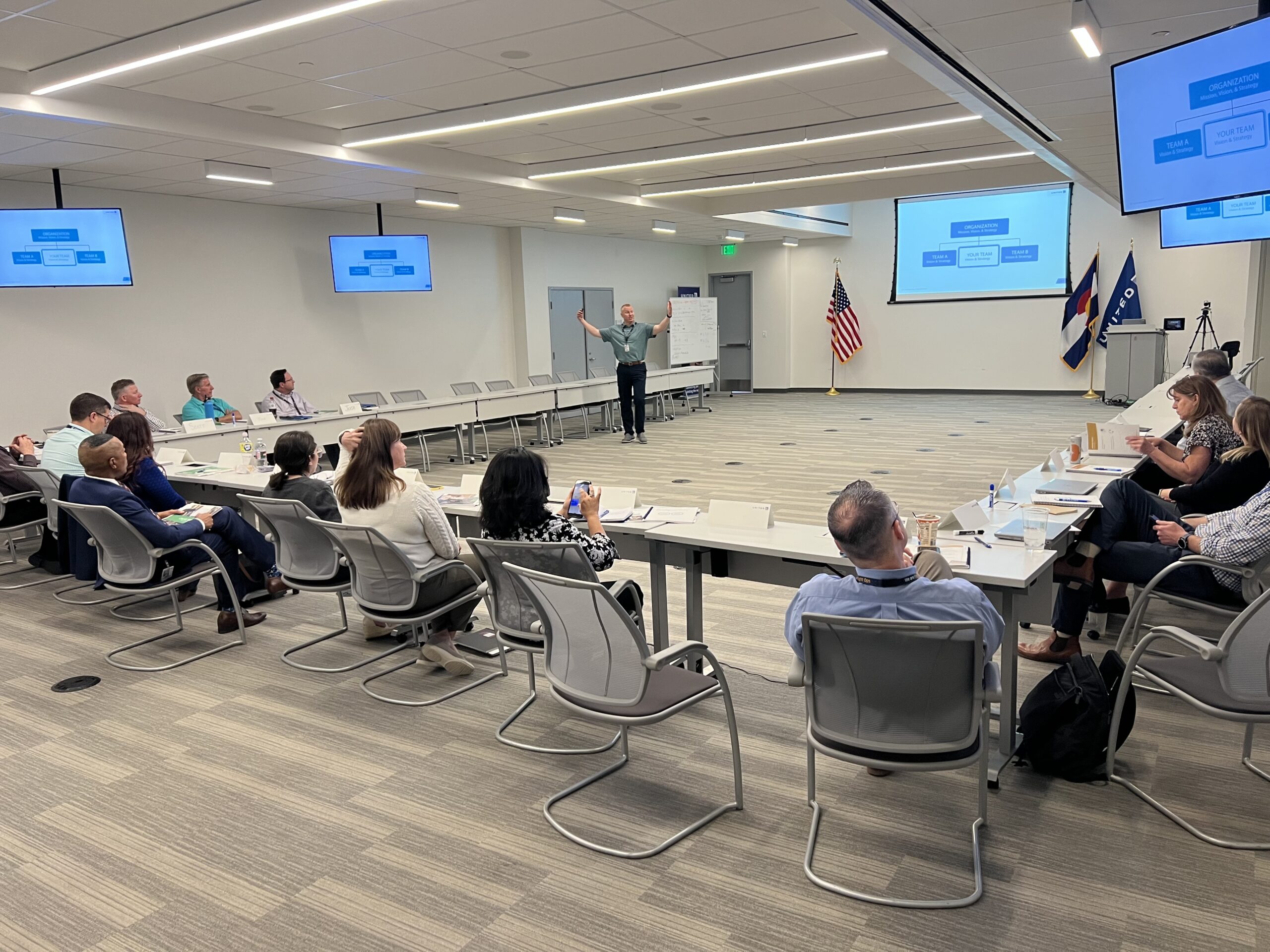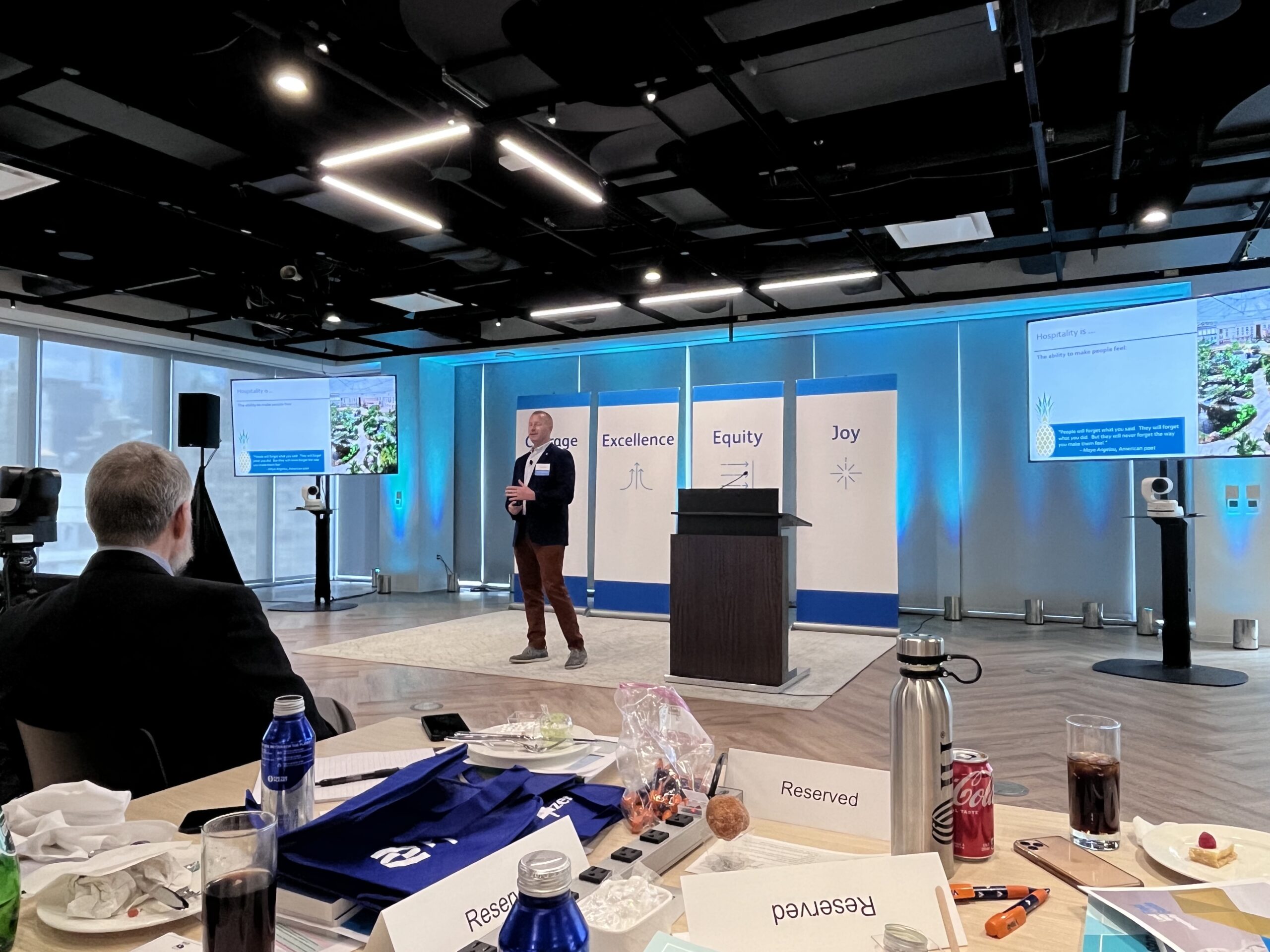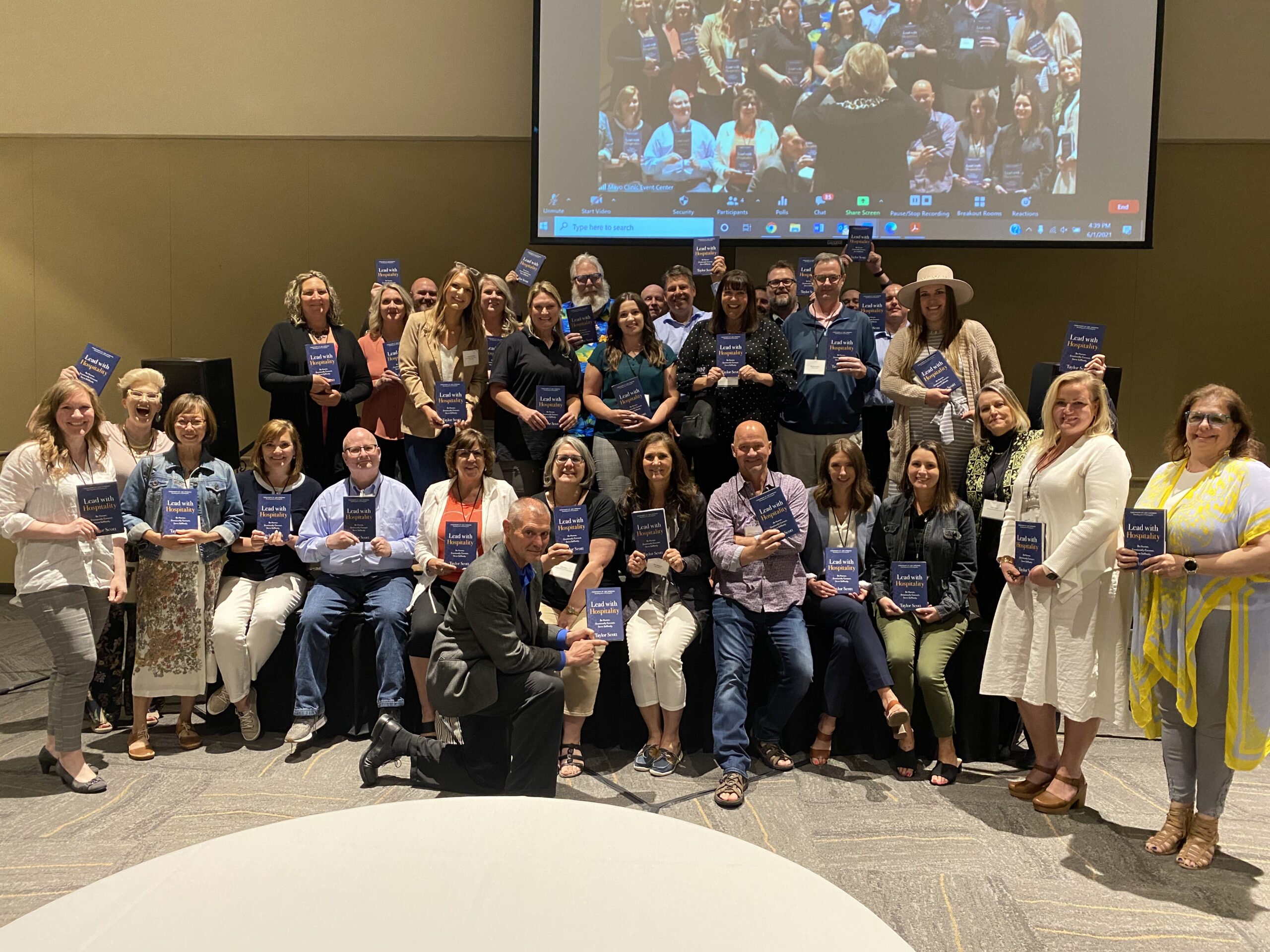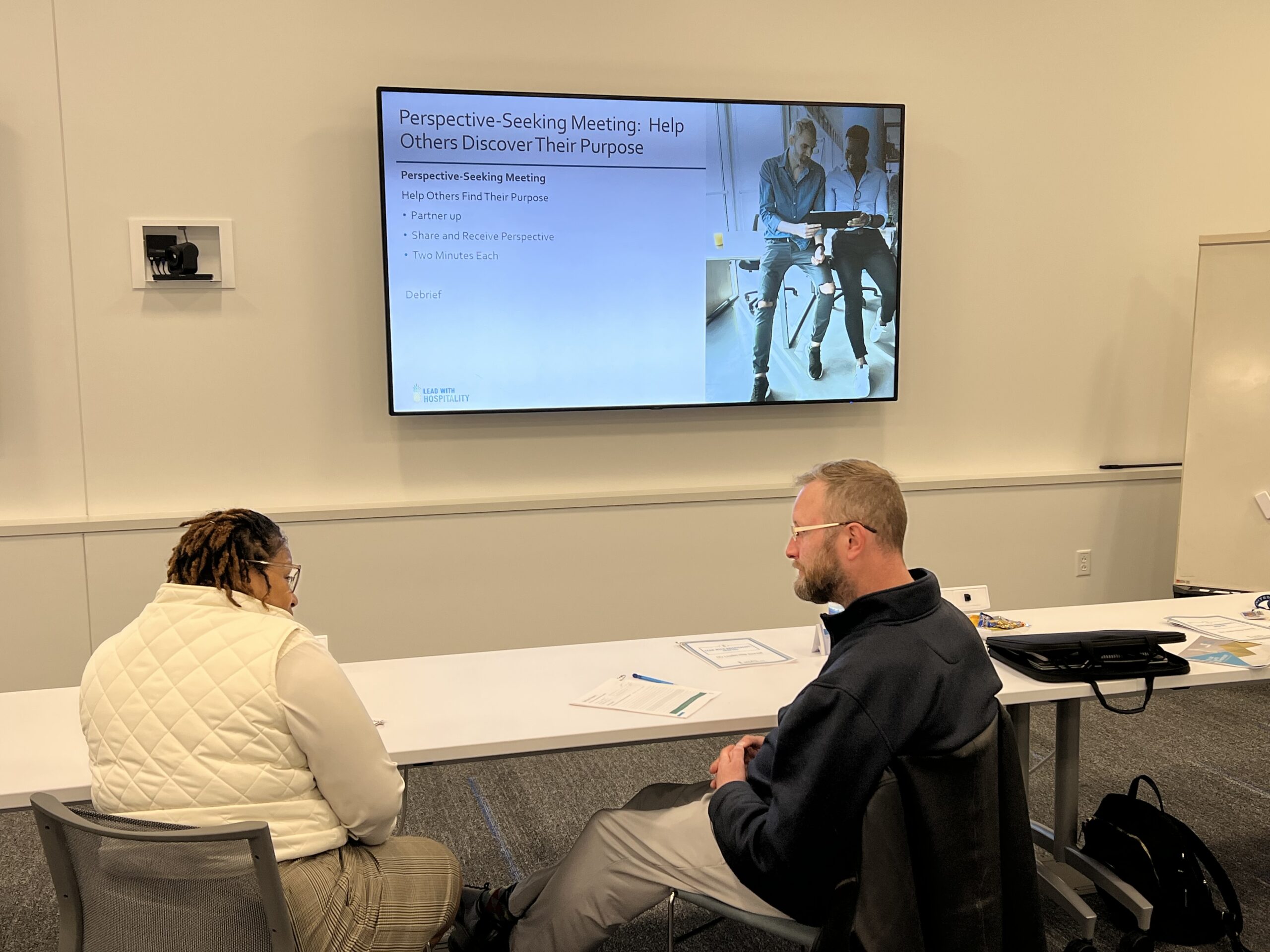Shifting Perspectives: The Power of ‘What Do You Think?
In the vast realm of corporate discourse, the phrase "I think" has become a commonplace crutch, uttered repeatedly across boardrooms, conversations, and classrooms. Yet, its risk lies in the assumption that others inherently value our thoughts or consider us credible sources on any given matter. To emerge as a leader, one must transcend the "I think"
Connecting the Dots: Finding Purpose in Your Professional Journey
Understanding the purpose of an organization is more than a mere concept; it's a catalyst that unites individuals in a shared mission. This truth, although simple, often gets overshadowed and dismissed. Teams sometimes find themselves going through the motions, lacking positive energy and a sense of purpose at work. The solution lies in ensuring everyone
The Power of Trust: Leadership Lessons from a Remarkable Day
In the bustling world of corporate responsibilities, a thirty-two-year-old middle manager found herself facing a challenging task. This dynamic professional worked for a rental car company in a corporate, regional role supporting Operations Managers and frontline associates across multiple locations. Her mission was to instill knowledge, provide guidance, and ignite motivation to maximize sales in
Service Leadership: Transforming Teams and Impacting Lives
We've all encountered extraordinary service in various forms—a seamless hotel check-in, an unforgettable dining experience, a charismatic bartender, or that one exceptional call center representative who turned a potential crisis into a solution. Regardless of the context, the effects of exceptional service linger, leaving us with a profound sense of welcome and appreciation. Appreciation, as an
What makes Disney so magical? (and what leaders can learn from it)
The stories guests and customers tell aren’t because of the nightly fireworks, Cinderella’s castle, lakes of dreams, chandelier bars, state-of-the-art workout equipment, or the dazzling presentations to Wall Street. Instead, guests vote with their feet, their wallets, and their Instagram accounts because of the emotional connections sparked and reignited. It’s all about how people made them feel.
5 Ways to Inspire Your Team
1-Actively seek inspiration Actively pursue opportunities to feed your mind, your body, and especially your soul. Just like successful athletes who master their craft, they don’t get there by accident. They wake up every single day with a thirst and hunger to become their very best. They not only eat the right foods to get proper
How Inspired is Your Team? 4 Ways to Inspire Them.
A Harvard Business Review article by Scott Barry Kaufman entitled, “Why Inspiration Matters” reveals why inspiration is so, inspiring. Kaufman’s article cites research by several scholars to further support his hypothesis that inspiration matters. In my own research, I took an interest in the work Kaufman cited from psychologists, Todd M. Thrash and Andrew J. Elliott,
How do you step into being a powerful leader? You coach.
For leaders, bosses, teachers, professors, doctors, lawyers, or actual coaches of teams, never underestimate the opportunity you have, to teach and coach. No matter what your rank, role, or title, you never know how impactful and meaningful your words may be to the people on your teams and in your life. If you’re a leader or
Informal Feedback is the Key to Successful Formal Feedback…Here’s Why
The Importance of Feedback Feedback is important because it not only drives performance in a positive direction, but it also positively impacts the attitude and mindsets of all employees. When employee mindset and attitude are on the up and up, business results like profits, satisfaction scores, and employee experience will follow suit, in a positive, upbeat
Do you anticipate a lack of results? How to use anticipation to create a more successful team.
We often get downstream about a mile and a half on a project, an initiative, a meeting, or a task, and then we feel lost. You’ve put in the time, effort, and thought, yet have become frustrated with the lack of results or progress. Often our teams do the same. Too frequently it’s not until the















